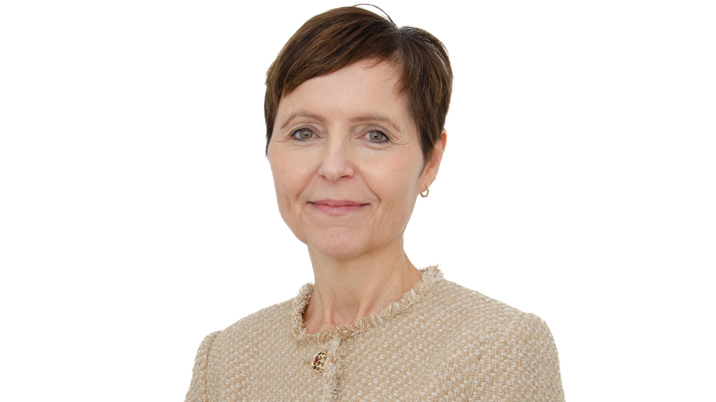
We are in an era powered by science, engineering and technology with great opportunities and important choices facing society. Take the field of rapidly evolving generative AI, with all its incredible potential to turbocharge global development but with massive risks posed to truth, peace, security and global stability if misdirected and misused.
With some urgency, academic publishers are needing to adapt their businesses, exploring the vast possibilities of frontier AI to improve the service provided to our research communities, whilst staying hypervigilant to the risk that it fuels a deluge of untrustworthy science.
With the uptick in Open Science policies globally and a growing realisation that research culture needs to change, a proliferation of pathways to openness are emerging, necessitating publishers to invest in next generation open systems and services.
This investment increasingly includes the ability for researchers to publish and gain credit for making a wider range of research outputs such as data, code and software available. Thus giving researchers access to richer information that can improve reproducibility and replicability and drive new knowledge.
Whatever the mode of publication, peer review remains the backbone of robust and trustworthy research and publishers must innovate to develop a greater plurality of peer review forms and practices.
Quality control and mechanisms to manage research integrity remain critical. The industry needs to work collectively to develop robust, scalable and sustainable systems to help detect misconduct and stop bad actors finding their way through the publishing process. A united and direct response is the only way to safeguard the integrity of science.
Whilst publishers alone cannot solve all the inequities existing in the research ecosystem, we must do everything we can to ensure all researchers have the same opportunity to become authors, reviewers or editorial board members. This includes finding ways to overcome financial barriers to publishing open access where research funding is scarce.
Finally, amidst intensifying geopolitics, the paradox between the need to collaborate to resolve global challenges and the desire to isolate countries creates difficulties for funders, scientists, universities and publishers alike. Publishers will want to continue principled and robust engagement with the international author community whilst avoiding dependencies that can become vulnerabilities.
Against the backdrop of these opportunities and challenges, I’m confident that academic publishing’s role in ensuring trust in and access to research that advances global knowledge will always be critical. It’s an inspiring industry to work in and now is a really exciting time to be part of it. There is much to test us, but much to be proud of as we evolve at pace to better serve the research community.
This article was first published in the Publishing Partners Guide (PPG) 2024, which is published and distributed by InPublishing. You can register to receive InPublishing magazine here












